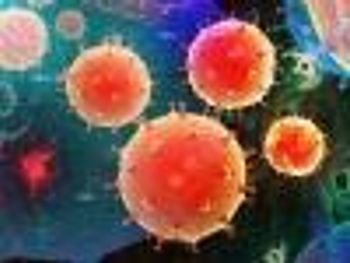
Broadly neutralizing antibody delays viral rebound and opens doors for future HIV vaccines.

Broadly neutralizing antibody delays viral rebound and opens doors for future HIV vaccines.
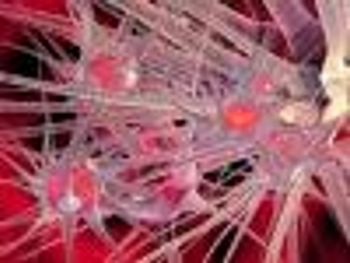
Gilenya may cause an increase in CD56+-expressing T cells, which can cause MS relapse.
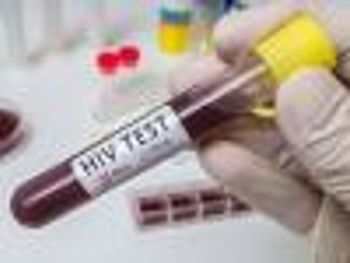
Researchers develop a USB device that can detect HIV with 95% accuracy.
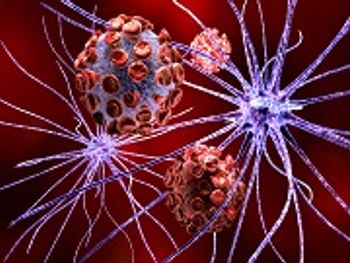
Virologically suppressed HIV-positive patients benefit from switching their treatment regimens to those involving Odefsey.

Beneficial results seen when switching to a HIV regimen including Odefsey.

Findings may provide further knowledge of how patients end up developing HIV-1 associated nephropathy.

With the many agents available for highly active antiretroviral therapy (HAART), selecting the best regimen in HAART-naïve patients is not an easy task.

HIV positive patients coinfected with hepatitis may face elevated cancer risk.

A cell-editing platform allowed researchers to find genetic mutations that allow human immune cells to be resistant to HIV.
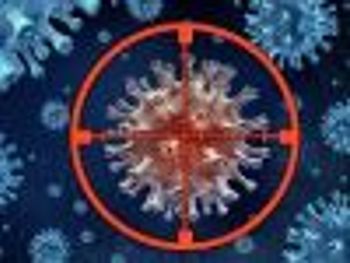
Descovy showed non-inferiority to Truvada, and benefited bone and kidney health.
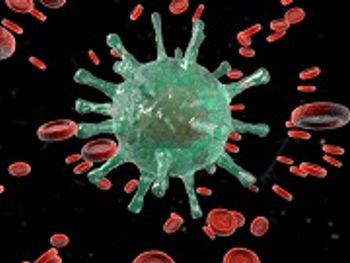
Ibalizumab for multi-drug resistant HIV showed significant promise fighting the disease.

HIV has been an epidemic for 30 years. Initially, the health system relied on behavioral interventions to slow the spread of the virus.
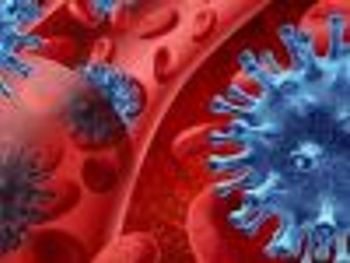
Ibalizumab achieves primary endpoint in decreasing the viral load of patients with drug-resistant HIV.
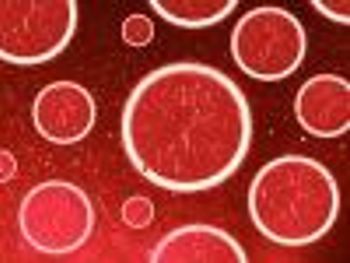
Ibalizumab caused 83% of HIV-positive patients to achieve a virologic response.

An automated algorithm was able to select HIV-positive individuals who would benefit the most from PrEP.
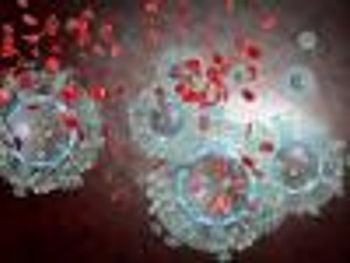
Dolutegravir/abacavir shows a solid safety profile and a high barrier to resistance.

Researchers seek to improve HIV drug therapies through nanomedicine.

Monkeys infected with SIV were successfully able to suppress SIV even without antiretroviral therapy.

Top news of the day from across the health care landscape.

Mathematical models and prevention techniques assess viral suppression among HIV-positive men who have sex with men.

Pseudomonas aeruginosa causes infections in patients with HIV, cancer, and other immune-compromised disease states.

Researchers examine strategies to control the spread of HIV.
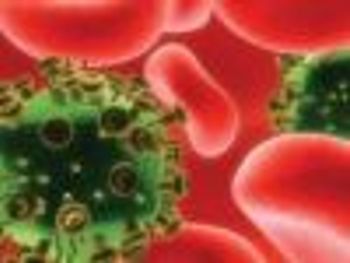
Researchers created a technique that targets HIV reservoirs.

A small proportion of HIV-infected children do not develop AIDS by controlling the virus in a different way than infected adults who remain disease-free.

Broad-spectrum HIV-targeting monoclonal antibodies may lead to a cure for HIV in the future.